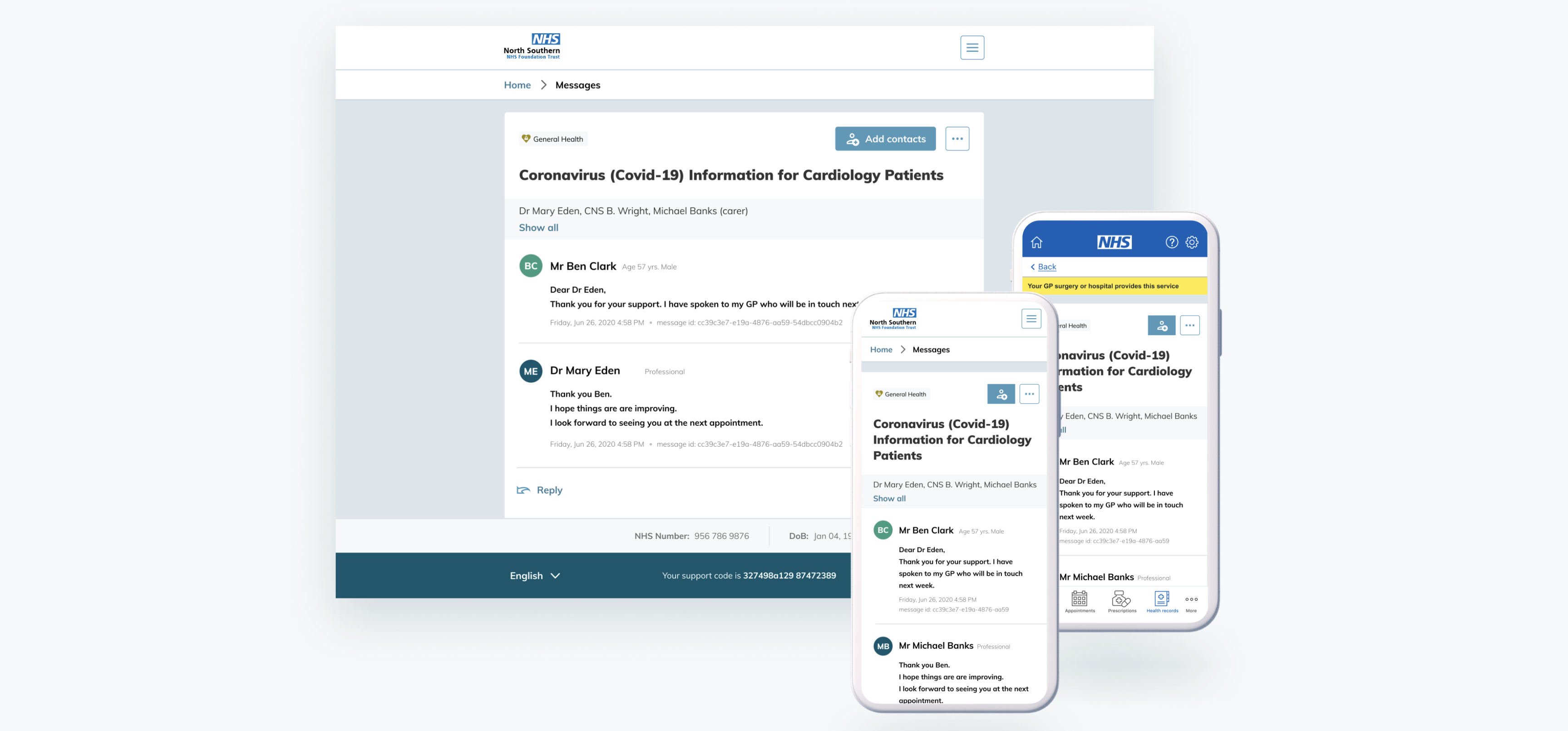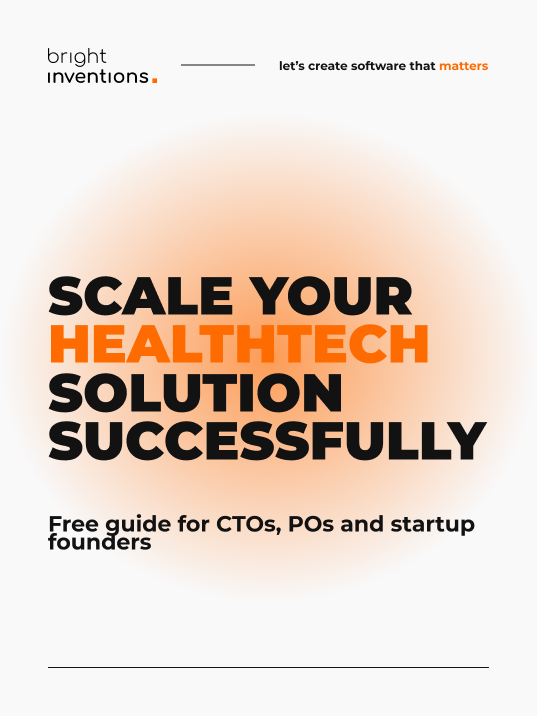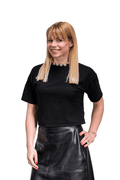Do Patients Know Best? Insights from Mohammad Al-Ubaydli
This interview took place during the last HLTH Conference Europe, where industry leaders gathered to discuss the future of healthcare software development. In this conversation, Mohammad Al-Ubaydli, the CEO of a leading medical record software company - Patients Know Best - shares insights on their solution, the ethical considerations of digital health, and the inspiration behind their work. We also delve into the technical and regulatory challenges faced in this rapidly evolving field, as well as the exciting trends that are shaping the future of medtech and health tech.
Can you briefly introduce yourself and your solution?
My name is Mohammad Al-Ubaydli. Our solution helps people understand their health better, particularly when they're sick. They can check their test results, know what to do if they get sicker, and learn how to avoid getting sicker. It reduces the number of visits to the doctor because people know what to do at home by themselves.

source: https://patientsknowbest.com/
How does your company ensure the ethical side of the solution?
The first thing we do is ensure that the data and records are owned by the person. They ultimately decide when to share them. For instance, when you visit the doctor, the doctor gets the data automatically for your convenience. But it's your record, your information, and technically your property. We explain to our customers, who are healthcare providers, that this really works for everyone, including those who don't speak the first language.
What inspired you to enter the digital health field?
Medical school inspired me. I saw chaotic systems, and I wanted to help people. When I went to medical school, I was exposed to numerous problems, and I realized I could make a difference by creating software to manage health information better.
But do you miss being a doctor?
I do. It's a real privilege. Initially, I didn't want to be a doctor; I wanted to write software. But when I got into medical school, I really enjoyed being with patients. I ended up working for a year in a small town with few doctors, which was very rewarding.
What drives your passion for this work, for being CEO of the largest medical record software?
Seeing how much it helps patients and doctors drives my passion. Many doctors discover us because patients bring their test results, and the doctors are impressed with the organization and accessibility. Patients adore it, and I receive many messages about how it has positively impacted their lives.

source: https://patientsknowbest.com/about/
What technical challenges have you faced during your journey?
Many, but one major challenge is processing large amounts of data quickly and efficiently. We constantly have to modernize our technology to meet high-quality standards at a low price, especially since we migrated all our data to FHIR, an international standard.
How old is the solution?
The company started in 2008. Last year, we rewrote the whole system to meet modern standards.
What regulatory challenges have you faced?
Regulation is an ongoing challenge. We operate in multiple countries, and each has its own requirements. For newer companies, it can be especially tough. We help others behind the scenes because their job today is harder than ours was two years ago.
want to know more about integrations in healthtech?

What is your most important advice for new startups?
Be prepared for slow and low decisions. Investors may push for faster development, but the public sector is very price-sensitive and demands high quality at low costs.
Where do you get inspiration for your work? Do you have any favorite podcasts or news sites?
I like NPR in the US, especially a segment where a Guy Raz interviews founders and successful people. Their stories often start with struggles but end with success, which is inspiring.
What do you do in your free time?
Free time is for family and children. During COVID, I learned how to bike again, so I bike a lot.
What trends do you see in the industry of medtech and health tech?
Sensors excite me the most. For example, there's a company called POCDOC that does health checks with a single drop of blood. Companies are also using phone cameras to measure cholesterol levels through your skin, which is revolutionary.
